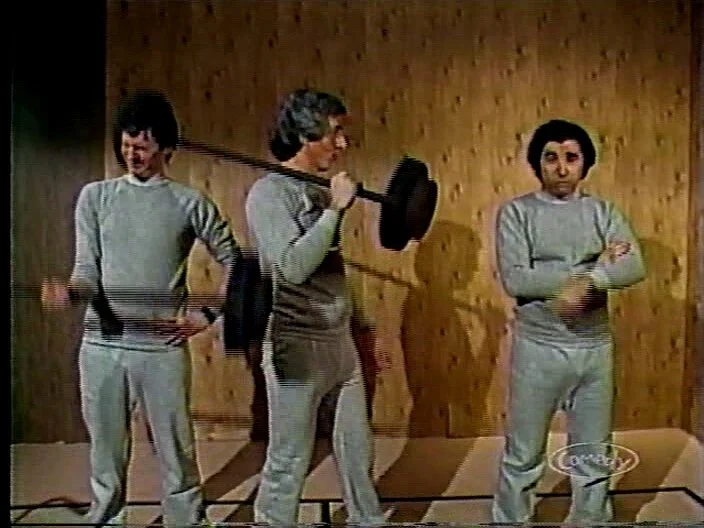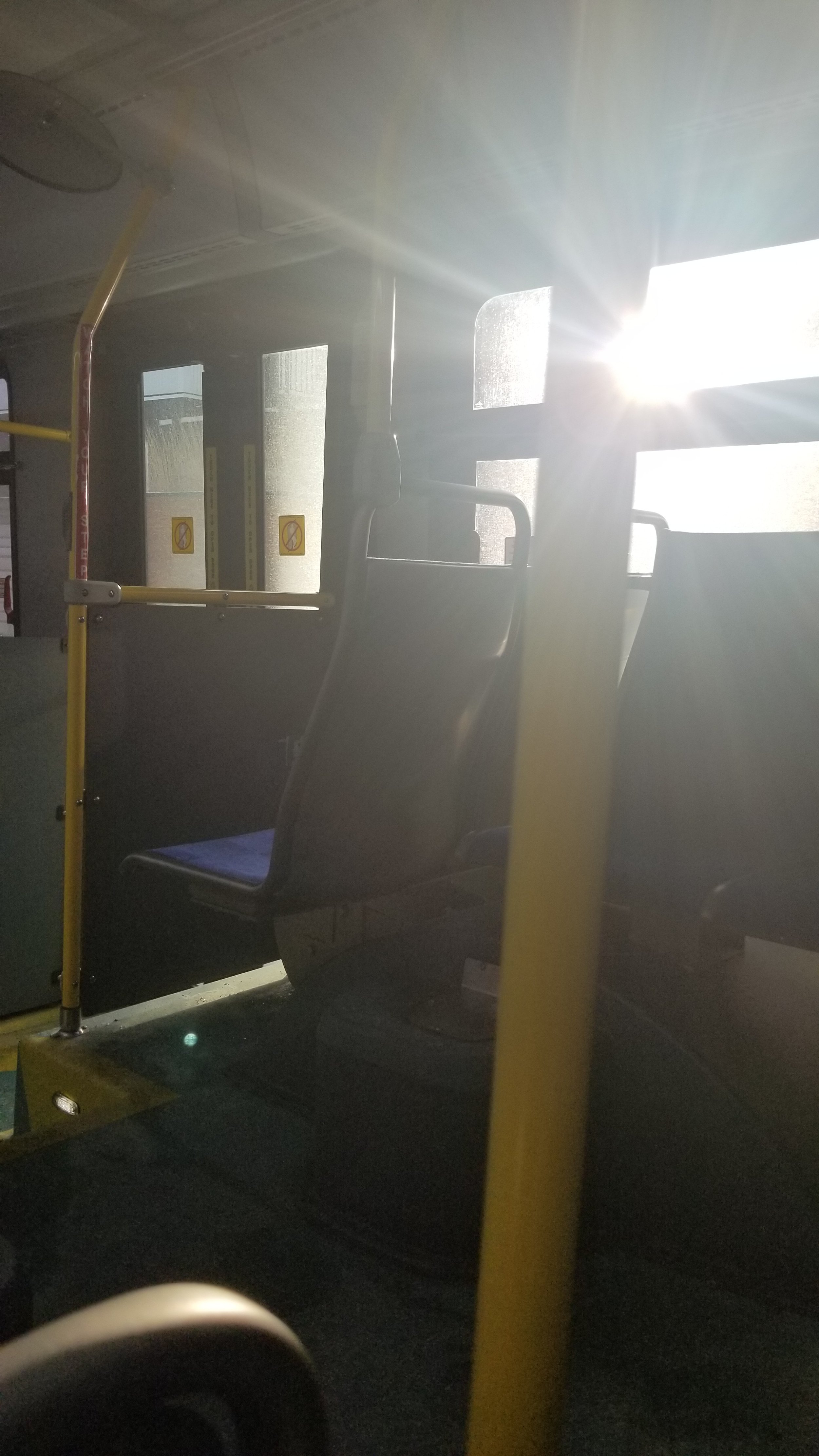Giving up on SNL
/I've been watching SNL regularly for about 20 years. I still have my original tapes from when I first started recording the show back in March 1994; in fact, I can tell you that the first episode I taped was a rerun of the show with John Malkovich and Billy Joel. I've stuck with the show through that horrible season with Janeane Garofalo. I've seen the historically bad years that almost got the show cancelled. I've sat through that godawful 10 minute sketch with the sub at the bottom of the ocean. None of these low points has made me want to give up on the show as much as this current season has.
Last month, I wrote that I mainly watch the show out of a routine I can no longer justify to myself. I was originally going to pack it in at that point, but held out hope that the next four shows would show some flicker of life that's been noticeably absent this year. That would not be the case.
Josh Hutcherson was dull. Paul Rudd had cameos and a Bill Brasky sketch, but weak writing pretty much everywhere else. John Goodman's long-overdue return to SNL had more tepid writing, plus a sketch starring Sylvester Stallone and Robert DeNiro that felt like a rejected script from a bad Bob Hope special; the kind of sketch that SNL would make fun of when it spoofed bad variety shows.
The Jimmy Fallon show that aired last night was a bit more fun than the show's been in a while: Fallon has come a long way since he was the messy-haired new kid 15 years ago, and his collaborations with Justin Timberlake guaranteed several fan favorites would be trotted out. That said, so much of the show felt like pandering: Paula Pell's Dancing Mascot sketches doesn't do much for me (it just feels too by-the-numbers and obligatory), and the cameos by Paul McCartney, Madonna, Barry Gibb and Michael Bloomberg felt like they were intended to distract from how lifeless the writing is on the show. The episode came off as self-congratulatory towards Lorne Michaels' takeover of NBC late night.; an extended commercial for The Tonight Show with Jimmy Fallon, if you will.
It's not that the show is actually terrible: a truly bad year would at least be interesting. Yet, more than ever this season, it feels like the show's on auto-pilot. There's no need for the show to try anymore; it's one of the few relative successes NBC has left, so there's no impending cancellation to force the show to correct course.
Sketch comedy shows by their very nature are uneven, and even SNL's best seasons have had their dud shows. This season feels different; I don't think "mediocre" is the right word, though, because even something mediocre can have an appreciable effort behind it. The six new faces added to the show in the wake of the recent departures of Bill Hader, Fred Armisen and Jason Sudeikis just feel purely cosmetic; only a mask to cover stagnant and lazy writing.
The cast has too much potential that's not being used properly. Taran Killam and Kate McKinnon are in a class by themselves on the show, and could potentially carry a new era of the show, but they're weighed down by so many people who have overstayed their welcome. The move to make Kenan Thompson the cast anchor (a la Hader or Sudeikis) is baffling; Thompson doesn't have the range to pull off that role in the cast, and he's already demonstrated everything he's capable of as a performer years ago.
The real dead weight is in the writers' room. There are 23 writers on staff this year, including Lorne Michaels, who always gets a credit. Steve Higgins and Paula Pell have been with the show since the last big changeover in 1995 (Pell is part-time); their tenure with the show is longer than those of the original writers who were still with the show before Michaels cleaned house. James Anderson has been around since 2000; he and frequent collaborator Kent Sublette seem to be the writing staff's equivalent of Kenan Thompson, in that they recycle their bag of tricks and that their output tends to annoy more than amuse. There are a handful of prolific and talented newer writers (Zach Kanin, Sarah Schneider and Chris Kelly) and a fair bit of turnover in the staff over the last five years: the only trouble with this is that it's the newer writers that leave, while the veterans stick around and churn out the same old material.
I need a break from the show. I've come to the conclusion that I'm getting too frustrated by SNL this season to justify watching live anymore; until some non-superficial changes are made to the creative side of the show, I'm not going to be tuning in. Whatever's worth checking out will be on the internet the next day (unless it has a music clearance issue).
My original plan was to finish the 1982-83 season reviews, but I think I'm going to take a break from those as well. I'll try to resume those in a few months.








It’s been a while since I’ve posted here.